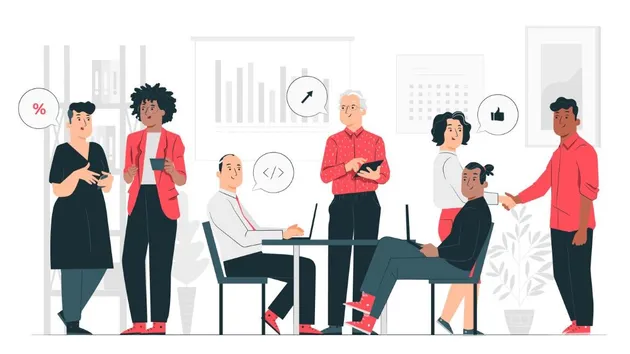Clutch.co Scraper
Pricing
$40.00/month + usage
Clutch.co Scraper
Unleash the power of data extraction with our Clutch.co Scraper. Gather comprehensive company information, numeric company focus, real client reviews, portfolios, and more from the extensive Clutch.co commercial database. Explore top company listings and perform targeted searches effortlessly.



